Hanoi Moi Weekend had a conversation with Master Dao Manh Tri, Executive Director of the Center for Environmental Economics and Climate Change Research (CECCS - VUSTA), who was trained and successful in the energy sector in the United States, to clarify this issue.
Master Dao Manh Tri, Executive Director of the Center for Environmental Economics and Climate Change Research (CECCS - VUSTA).
- As a technical consultant for the geothermal project in Cascade City, USA and having won the title of “Best Speaker” at the ASEAN International Conference on Energy and Environment for two consecutive years (2023, 2024), can you share more about this project?
- Supporting the development of a geothermal project (exploiting energy from the earth) in Cascade City (Idaho, USA) was a memorable experience for me. Cascade is a locality with about 2,800 people, located in a remote area and lacking resources for transition (Idaho residents' income is near the bottom of the table). Meanwhile, geothermal exploitation is expensive, requiring financial resources and high expertise. Policies from the state and federal levels all have comprehensive goals, but at the grassroots level, there is a lack of experience to take advantage of the benefits of the policies. Understanding this, our research team worked directly with federal resource management agencies, policy enforcement agencies, city authorities and especially the people - the people who use energy every day. When they saw the clear benefits, they were ready to contribute, joining hands to resolve conflicts that have existed for many years. With the initial government investment, Cascade expects to raise $11 million to launch the project.
The project later won the runner-up prize in the Geothermal Competition organized by the US Department of Energy. But my greater joy was that the people here had an abundant and stable source of energy to overcome the harsh winter and develop the economy sustainably. That experience reminded me that the energy transition is only sustainable when there is an element of equity, leaving no one behind.
I found that Cascade has many similarities with some localities in Vietnam. Therefore, I hope to be able to apply this approach in my hometown, with the most valuable lesson: To be successful, you must make the people understand and support. As our familiar saying goes: "It is a hundred times easier to endure without the people/ It is a thousand times harder to complete with the people". It also kindled in me a desire to carry out such projects in Vietnam.
- So, in your opinion, how can we summarize Vietnam's current energy transition path?
- I think first of all, we need to propagate to the people, unite with the authorities at all levels and relevant sectors, understand and be determined to implement Resolution No. 55-NQ/TW dated February 11, 2020 of the Politburo on the orientation of Vietnam's National Energy Development Strategy to 2030, with a vision to 2045.
The goals, vision and solutions for energy transition in Vietnam have been clearly defined in the Resolution: “Ensuring national energy security is the foundation and an important premise for socio-economic development”; “Prioritizing the exploitation, thorough and effective use of renewable energy sources, new energy, clean energy; exploiting and rationally using domestic fossil energy sources, focusing on the goal of stabilizing, regulating and requiring national energy reserves”. The core is to clearly recognize that using energy economically, effectively and protecting the environment is a national policy, a matter of “survival, development or death”.
Despite facing many challenges, Vietnam has a “golden opportunity” thanks to accumulated experience and international support. Energy transition is not only to meet the increasing demand for electricity, but also to create conditions for Vietnam to become the “new factory” of the world - but it must be a “green factory”. National interests, energy security, and people’s lives are unchangeable goals. The motto is sustainability, reasonable costs, suitability to each locality, promoting creativity, not doing it in a trendy way.
In the immediate future, it is necessary to complete the specialized law system (oil and gas, electricity, etc.), synchronize policies on import and export, market, land, resources; have breakthrough mechanisms to pave the way; build a set of national standards and regulations on energy. At the same time, it is necessary to focus on training and retraining of management staff, scientific and technical experts. Most importantly, it is necessary to eliminate the mindset of group interests, industry interests or local interests.
My research on energy transition in Vietnam has received attention and been discussed at many major forums such as Princeton University (USA), Massachusetts Institute of Technology (MIT) in the US, Tsinghua University (China)... From that reality, I concluded that we should not mechanically apply models from abroad, but need to know how to select and localize international experiences to build a method suitable to Vietnam's reality.
Developing rooftop solar power is not only a personal electricity saving trend but also part of the green urban development orientation of Hanoi City.
- You just mentioned the major universities, as well as the countries you have visited and cooperated with. In your opinion, what can we learn and gain experience from these countries in this field?
- Each country has a different approach. However, there are some common points for successful transition. First, policies must anticipate the future and be accompanied by clear financial resources. Without practicality and necessary resources, any model or idea, no matter how good, is just "pie in the sky". Second, it is necessary to prepare infrastructure to keep up with new trends such as electric vehicles, AI, data centers... Power grids, backup sources, including infrastructure for decentralized power sources... also need to be planned according to load clusters - source clusters and closely linked to the most advanced forecasting models. Third, promote public-private partnerships in education and training, nurturing a team of engineers, energy managers, and data experts right from school. And finally, what should be avoided is following trends or setting goals beyond the capacity of infrastructure; Lessons from procedural and connectivity bottlenecks in some countries remind us that organizational discipline, data transparency, and cross-sectoral coordination are as important as technology.
- What are your recommendations for the energy transition going forward?
- In my opinion, the first urgent thing is to diversify power sources to increase autonomy such as exploiting offshore wind, solar, small hydropower, biomass... This is a way to take advantage of the natural advantages of each region, while distributing according to load areas. Along with that, we must develop flexible sources and storage solutions to ensure stable system operation. Avoid "going all in" on one technology to reduce risks. Next, we need to upgrade the power grid: Focus on key transmission projects, digitalize dispatching, and reduce losses. The power grid is the "backbone"; only when the backbone is strong can the body run fast, and the whole economy can have high productivity. Third, the economic mechanism to encourage clean electricity must be put into practice - such as the carbon market, direct electricity purchase for large loads - so that businesses can see clear benefits when switching to "green". Finally, people and data: Invest in system modeling, cost scenario analysis, State-enterprise-university connection, measurement standardization, emission reporting and real-time data operation. Vietnam has many talented young people; just give them real problems, real tools and good teachers, I believe we will master knowledge right at home. When the mechanism is transparent and the data is reliable, market confidence will increase, and cheap capital will automatically find standard projects. In my opinion, we aim for self-reliance to avoid dependence, integration to go faster - those two sides must go together.
Thank you very much!
Source: https://hanoimoi.vn/chuyen-dich-nang-luong-chia-khoa-cho-an-ninh-quoc-gia-va-phat-trien-ben-vung-716076.html



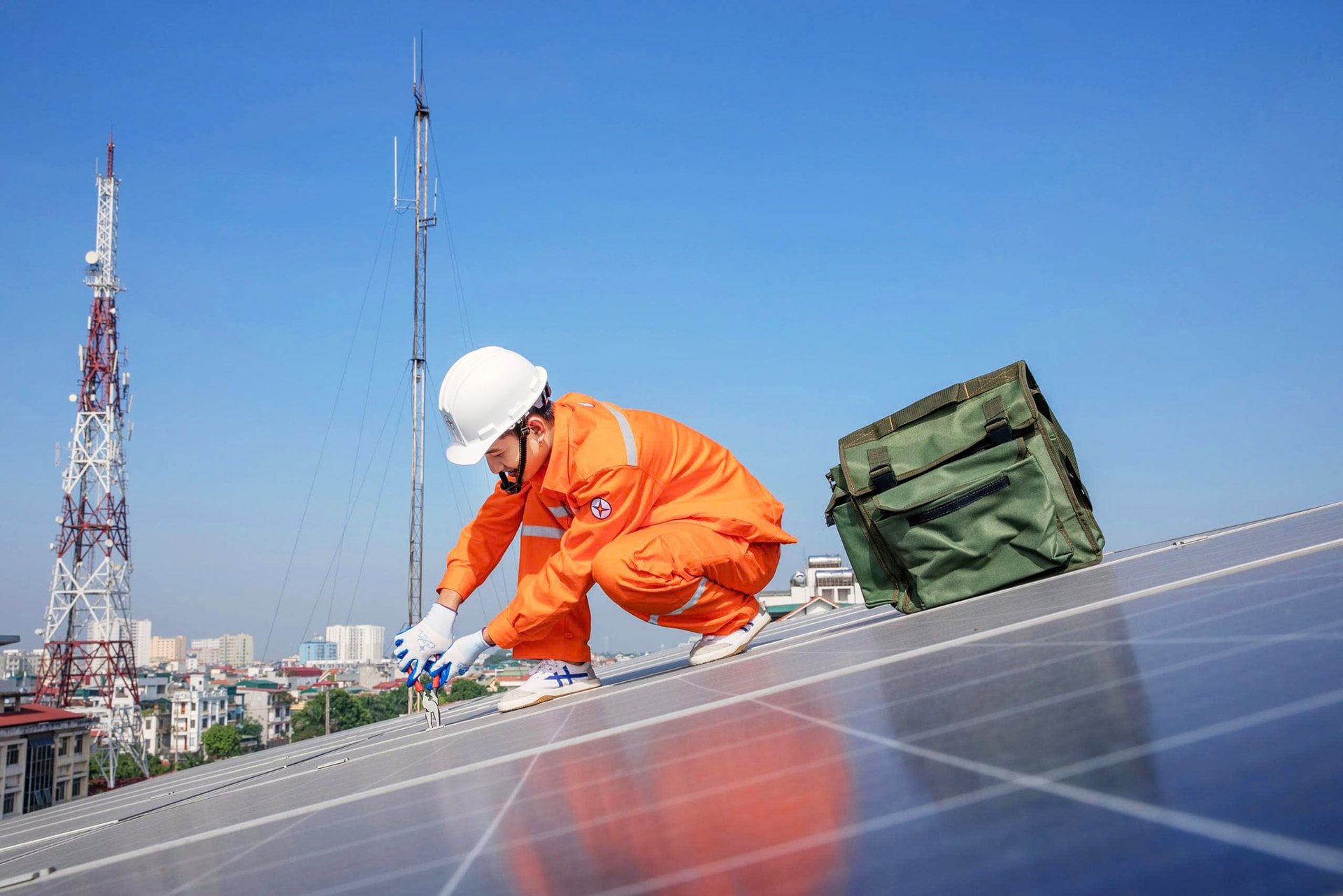






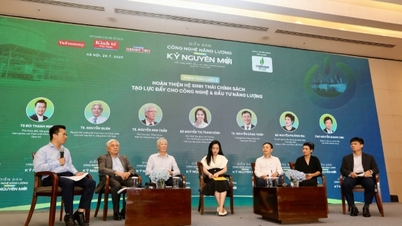

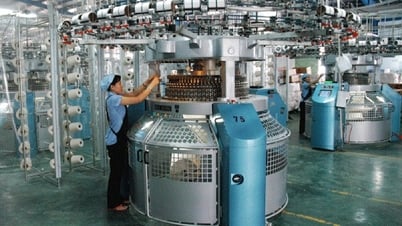
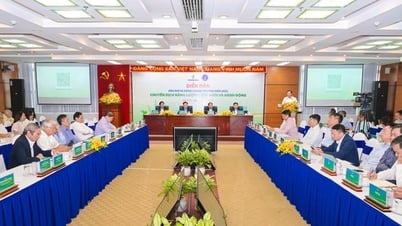
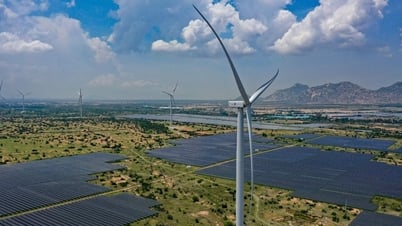



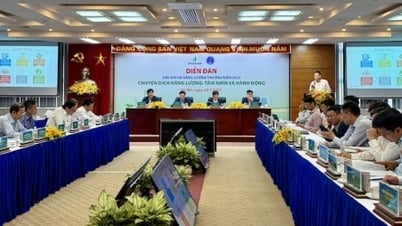

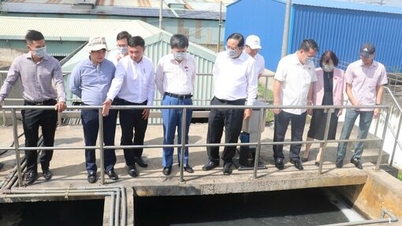



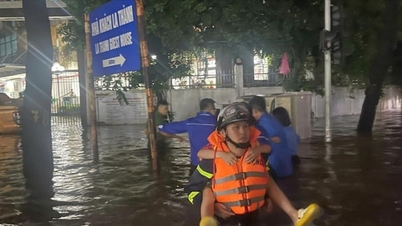
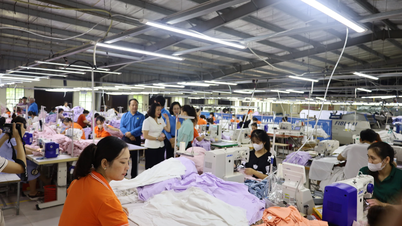









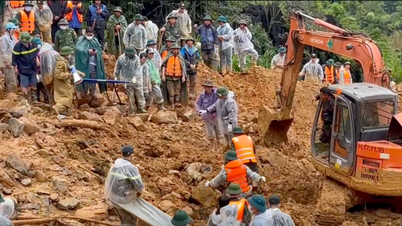
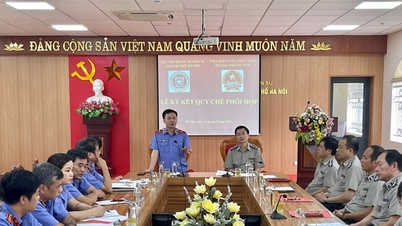
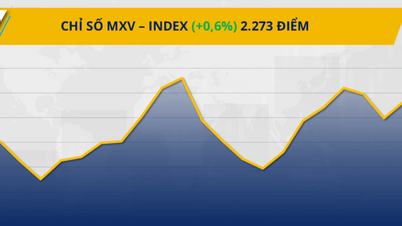


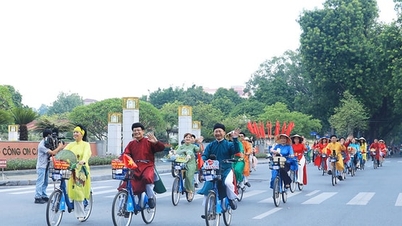



































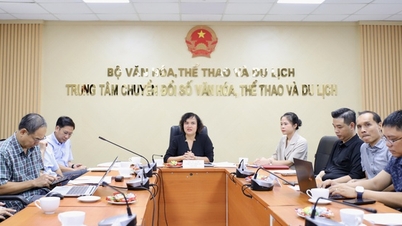
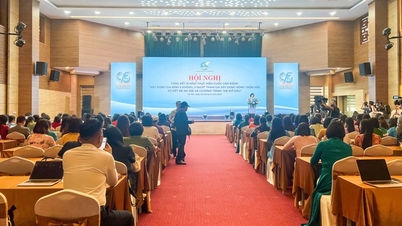
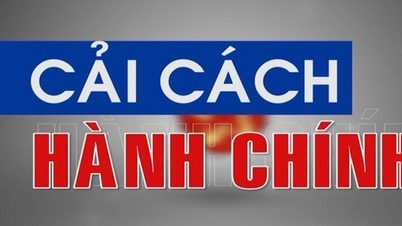



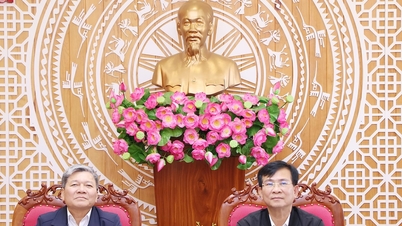

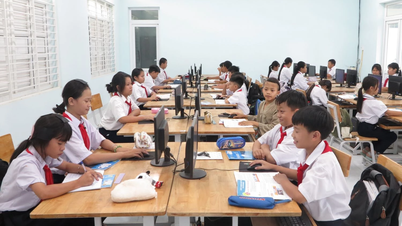

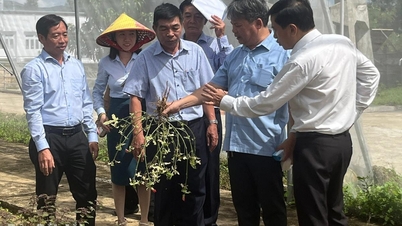



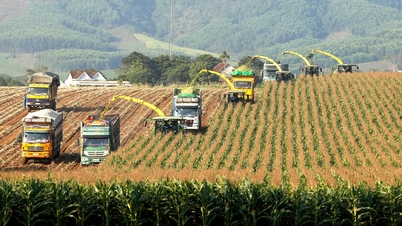
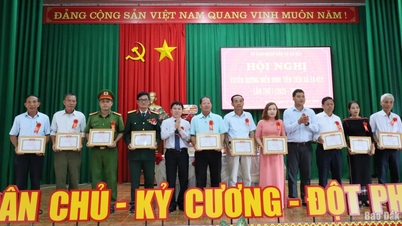











Comment (0)